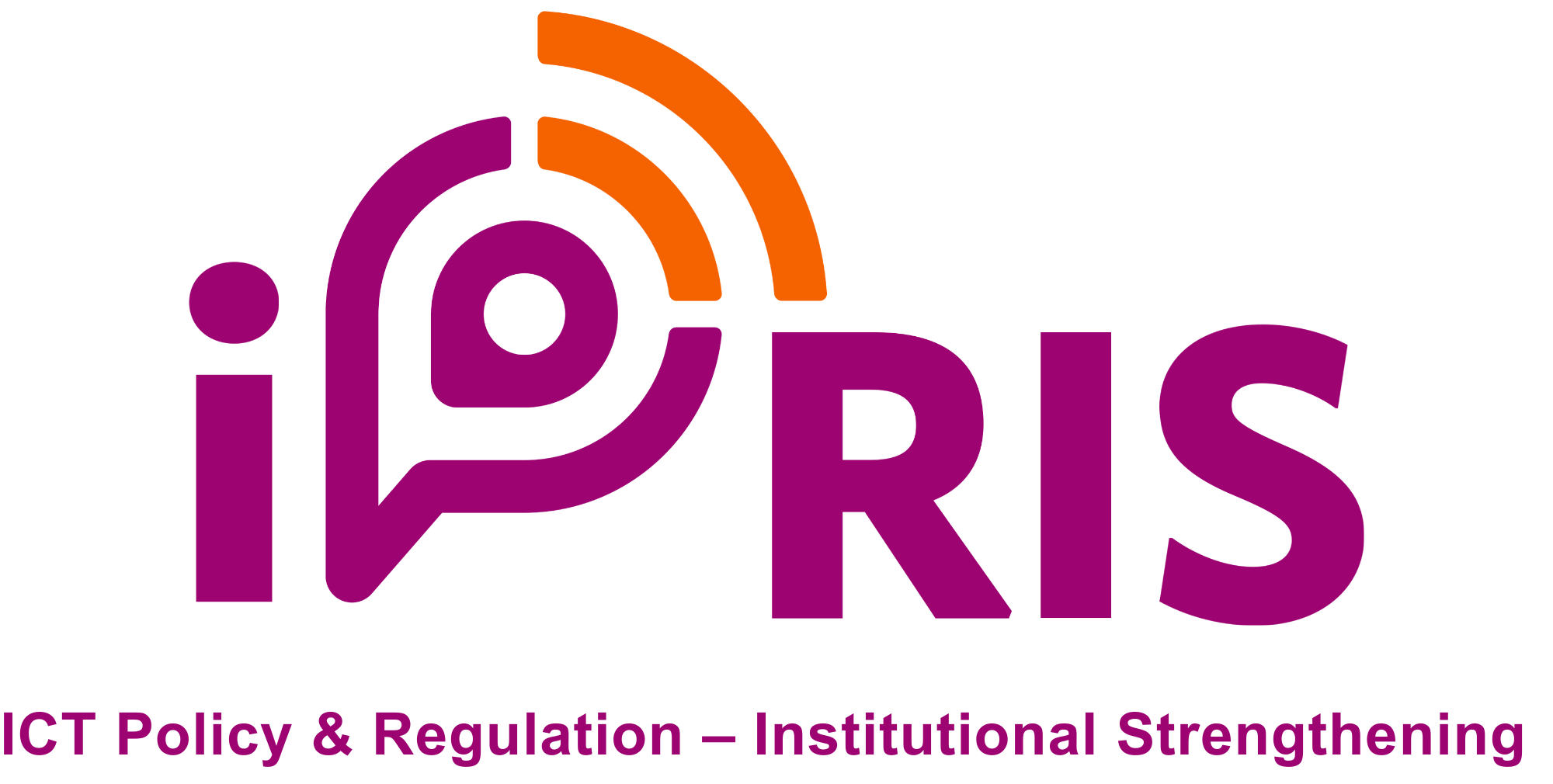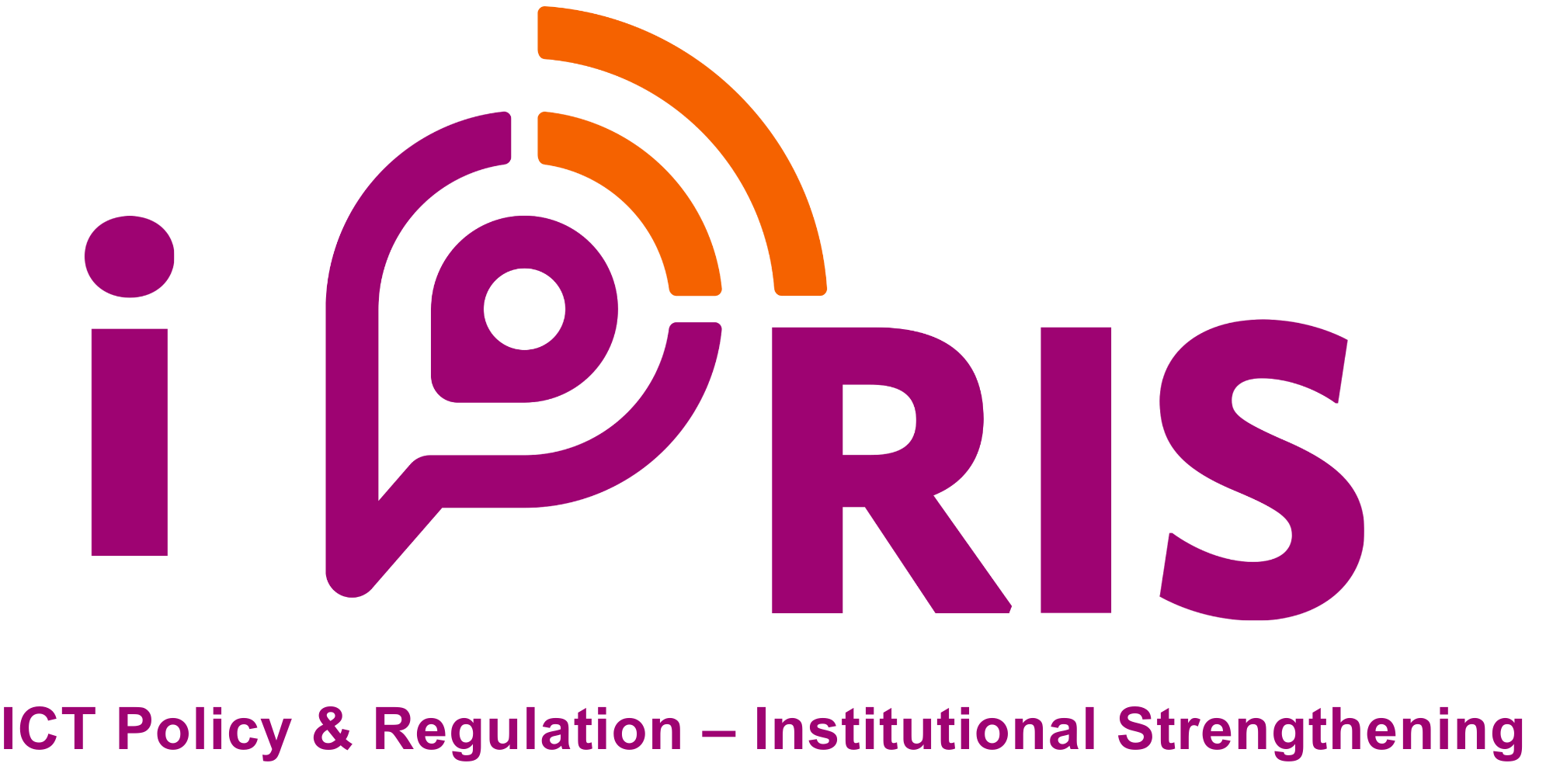The Tanzania Communications Regulatory Authority (TCRA) has now fully approved the usage of a groundbreaking set of Guidelines for the Provision of Direct-to-Mobile Phone Satellite Communication Services. These guidelines were developed directly from the National Regulatory Authority's (NRA) Change Initiative (CI), which was established during the iPRIS 2024A cohort round. The representatives of TCRA from the 2024A cohort are Mr. Aude Nishael Kileo, Ms. Gudila Proches Marick, and Mr. Christopher John Assenga.
Change Initiatives are strategic projects undertaken to bridge the digital divide by addressing challenges and opportunities within the ICT sector. They are the cornerstone of iPRIS and are specifically designed to align with the strategic agendas of regulatory bodies.
“We're happy to share that TCRA management has now approved these Guidelines, which will guide operators during the initial phase of deploying D2D services,” said Eng. Aude Nishael Kileo, one member of the TCRA 2024A team.
The Significance of the Guidelines
According to the GSMA Mobile Economy Sub‑Saharan Africa 2024 report, only 27% of the population in this region used mobile internet by end‑2023, while 60% of those in coverage remained unconnected due to affordability, safety issues, or skills gaps. With these Guidelines in place, Tanzania is well ahead in regulatory innovation in Africa, providing Mobile Network Operators (MNOs) and Satellite Network Operators (SNOs) with a clear regulatory framework within which they can interact to deliver satellite-to-device (D2D) services.
The framework seeks to:
- Expand connectivity to underserved and remote locations through satellite-enabled mobile communication
- Protect terrestrial IMT operations from interference issues
- Ensure open authorisation and reporting requirements for providers
- Align with global developments, including the upcoming World Radiocommunication Conference 2027 (WRC-27) agenda on Non-Terrestrial Networks (NTNs)
The Guidelines are the outcome of a broad stakeholder consultation, taking into account the views of MNOs, SNOs, and regional coordination priorities.
A Model Change Initiative
Within the iPRIS framework, CIs seek to improve NRA capacity by applying peer-to-peer learning. What TCRA achieved is an example of a targeted CI that, through peer dialogue, leadership engagement, and technical rigour, is translated into meaningful regulatory outcomes.
For further information, visit the TCRA website to access the official Guidelines for Provision of Direct-to-Mobile Phone Satellite Communication, or download the document directly here: https://www.tcra.go.tz/uploads/documents/en-1752839222-GUIDELINES%20FOR%20PROVISION%20OF%20DIRECT%20TO%20MOBILE%20PHONE%20SATELLITE%20COMMUNICATION.pdf
iPRIS is coordinated and implemented by SPIDER in strategic and technical partnership with the Swedish Post and Telecom Authority (PTS) and the Luxembourg Regulatory Institute (ILR).
iPRIS is funded by the European Union, Sweden, and Luxembourg as part of the Team Europe Initiative “D4D for Digital Economy and Society in Sub-Saharan Africa” (Code: 001).






